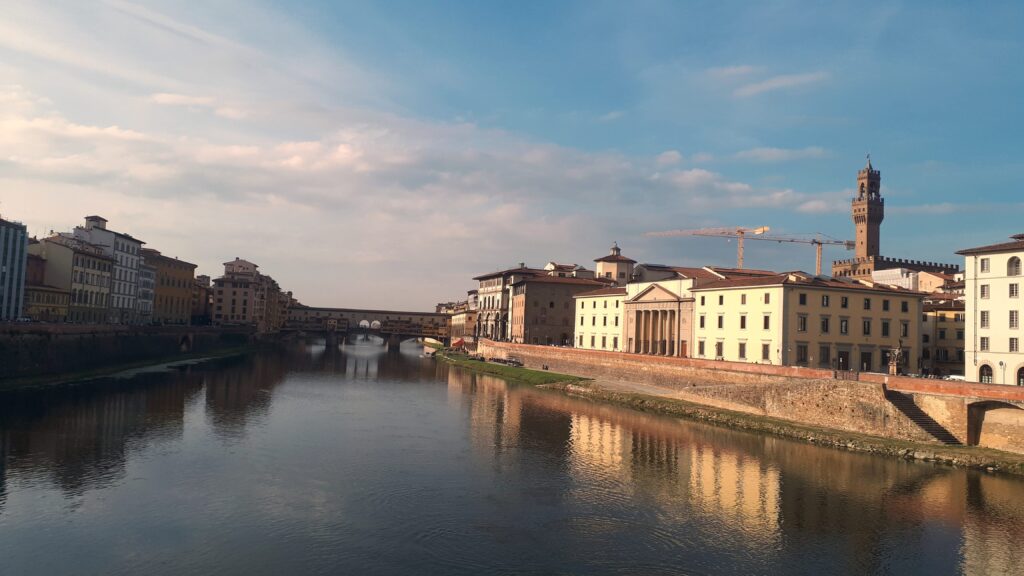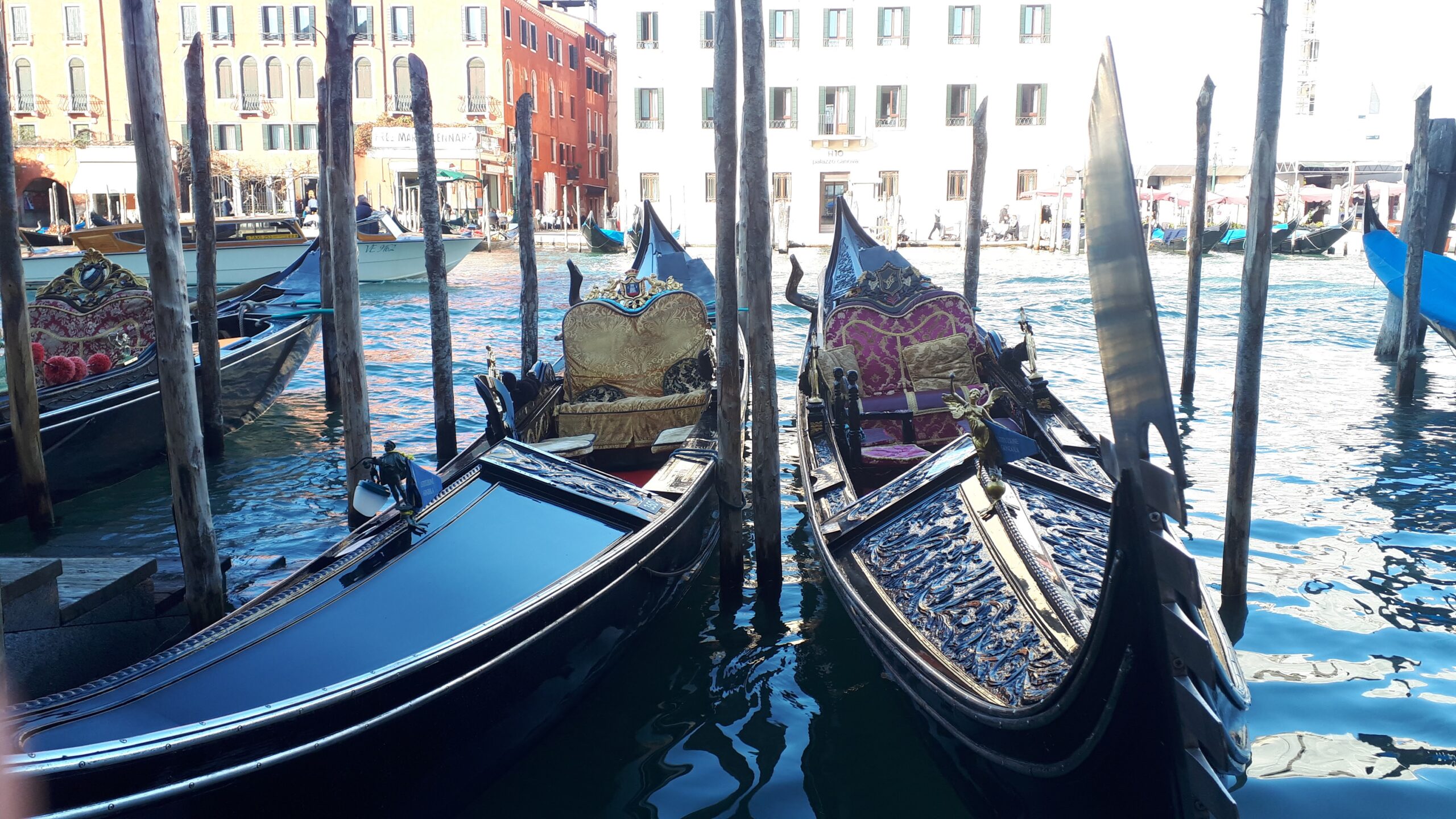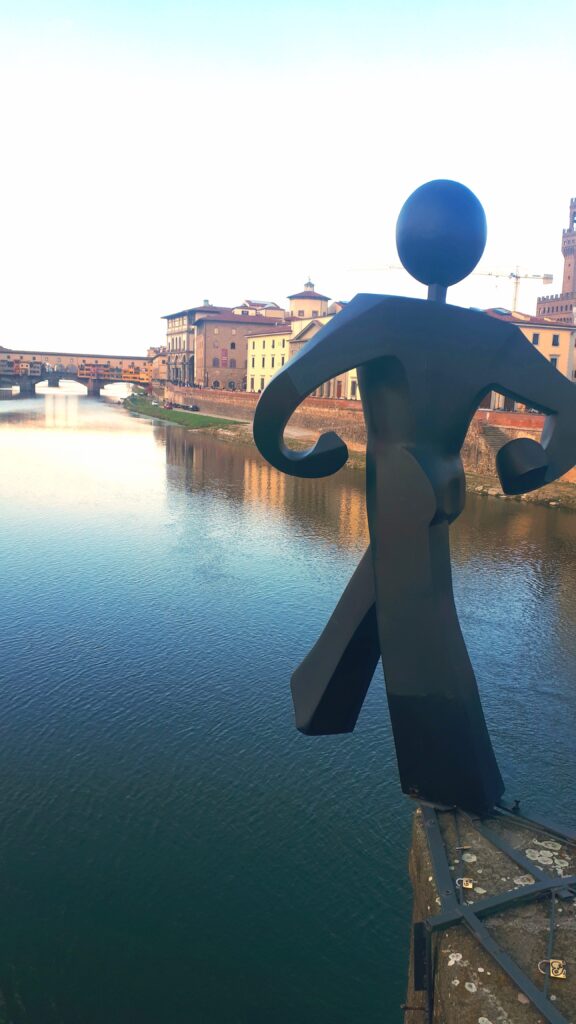
Some places speak to us before we ever arrive. They shimmer in the imagination like a promise. Italy was one of those places for me. I wasn’t drawn by a guidebook, a romantic movie scene, or a checklist of sights. It was subtler than that—more like a soul tug. A quiet knowing that something awaited me there. Something I couldn’t name, but I felt it, a trip to Italy was needed.
For years, I held onto that vision like a charm. Through long nights of burnout, through waves of healing, through the haze of pandemic years, I would whisper to myself: Italy. As if the word itself could bring colour back to the edges of my world. And after months of uncertainty, cancelled plans, and the slow ache of waiting, I finally went.
But my Italian trip didn’t meet me with the ease I had imagined. It didn’t embrace me like a long-lost friend or open its arms to my longing. Instead, it met me with challenge. With a slow unravelling of expectations. With lessons I didn’t know I’d signed up for.
It met me as I was… tender, hopeful, carrying the residue of old stress. And it asked more of me than I had to give.

What I experienced wasn’t dramatic in any cinematic way. There was no grand disaster, no single moment on the trip that I could point to and say: that’s where it went wrong. But there was a thread, a quiet, persistent effort, a survival that wove through almost every day.
I had to manage logistics in a language I only half-understood. I navigated unfamiliar cities with a cautious heart and a phone that didn’t always cooperate. I adjusted to beds that didn’t feel like mine, dealt with dietary restrictions that left me feeling unseen, and tried to stay emotionally afloat in moments of discomfort or disconnect. In Italy I was alone, but not always by choice.
And yet, there were glimmers, brief flickers of what I had dreamed: A breeze in Milan that made me feel free. A stranger’s kindness on a tram. The hush of an old cathedral that made me want to cry without knowing why. But these moments were like soft candlelight in a storm. Flickering. Fragile. Easy to miss if I didn’t stop and name them.
When I returned home from this trip, I couldn’t explain the swirl of emotions I carried. I was proud of myself. Grateful, even. But also confused. Sad. Tired in a way that didn’t lift for weeks. I couldn’t reconcile the beauty of what I’d seen I Italy with the heaviness I felt.
Until I realised: my nervous system remembers.
Not just the sights or the postcards or the stories. But the emotional labour. The strain of being in survival mode, even in a place I had longed for. The loneliness of unshared meals. The effort of smiling through language barriers. The vigilance that comes from not knowing quite what’s safe or allowed.
And now, when I think about returning to Italy, my body whispers: let’s not go through that again.
We’re told that solo travel is the ultimate freedom. That it’s brave, adventurous, even sexy. And it can be. But for those of us who feel deeply, who are sensitive to the energy around us, who have come out of periods of burnout or grief, solo travel can also be deeply confronting.
Because you’re not just carrying a backpack. You’re carrying the responsibility for everything. For your safety, your joy, your navigation, your emotions. There’s no one to say, you’ve done enough for today. No one to share the awkward or beautiful moments. You are your own witness, your own guide, your own emergency contact.
And while there can be pride in that, there is also weariness. A kind of spiritual jet lag that doesn’t show up on the itinerary.
If you’re like me, and you feel most alive on a trip when (whether it is Italy or ten miles from your house) you’re connected to people, to rhythm, to meaning, then the absence of that connection doesn’t feel like liberation. It feels like floating in space.

And so, I’ve begun to wonder: what if the answer isn’t not to go back, but to go back differently?
Not with a tighter plan or a longer packing list, but with a softened heart. With clearer boundaries. With deeper permission to tend to myself, not as an afterthought, but as the whole reason for the journey.
I don’t want to chase Italy again. I want to let her come to me. I want to:
That’s not neediness. That’s wisdom. That’s the medicine my nervous system needed the first time and didn’t receive.
I have found an inspiration page on Pinterest that I’d like to share:

If you’re reading this with a quiet ache in your chest, I want you to know: you’re not broken for finding it hard.
If the thought of a going on a trip again feels heavy instead of exciting, you’re not lazy or dramatic; you’re aware. You’re listening to the wise part of you that wants more than just a trip. It wants transformation without exhaustion. Beauty without depletion. Presence without pressure.
You can still go. You can still wander. You can still fall in love with a place. After all isn’t a place like Italy a place to immerse yourself in magic. But maybe this time, you don’t have to do it all alone and it doesn’t have to be a surmountable task.
Maybe you travel slower. Stay longer. Stay with someone. Or bring someone who sees the world like you do.
Maybe the next journey doesn’t start with a booking, but with a breath. A photo. A memory. A question whispered to your soul: What would feel good now?
Because this isn’t about trying harder. It’s about coming home to yourself, even while you roam.
And the next time you go… if and when you do, it won’t be a repeat of what was.
It will be a return, with all the wisdom you’ve earned.
“This simple yet effective breathing technique can help soothe the nervous system during moments when everything feels overwhelming. It can be practiced anywhere and is a powerful tool for grounding and calm.”
Like this article?

Personal, business and spiritual development coaching, yoga classes and private tuition, wellness consultancy.
Hello, I am Anna the creator of WellbeingWinnie – my dream that grows bigger and more exciting everyday, inspired because of an illness called myalgic encephalomyelitis (M.E) which I have had for 25 years.
Leave a comment